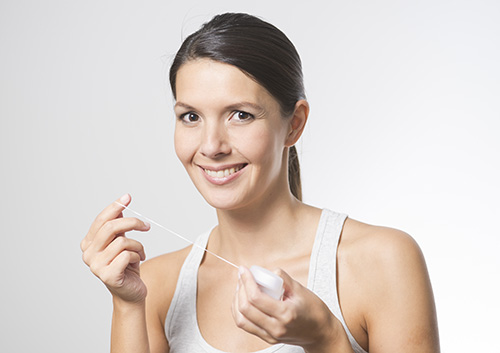What are Sealants?
December 18th, 2024

Sealants offer many benefits, but the best is their ability to protect your molars. Molars are full of small caverns that can be the perfect breeding ground for tooth decay and plaque buildup.
Use of protective sealants prevents this buildup from happening. Although children often receive sealants for routine preventive care, they aren’t the only ones who can benefit from this treatment. Sealants can also help adults who have deep canyons or grooves in their teeth.
They are commonly placed on the rear molars that tend to suffer the most decay. Because your molars are used substantially as grinding surfaces, food is more likely to be trapped among them.
Sealant solution consists a composite material that contains bonding agents that seal the top of your teeth. The process is quick and painless, which makes it a great solution for both children and adults who have had trouble with cavities and tooth decay. Sealants also last for several years, and repair is a simple process that can be completed by Dr. Meuselbach.
The process of putting sealants on teeth starts with the tooth getting cleaned. We clean it with a type of baking soda spray called sodium bicarbonate. Then acid is etched onto the teeth to rough up the surface.
We apply an alcohol-based liquid to dry the area where the sealant is supposed to go. After it completely covers the surface of the treated teeth, the sealant is cured with a light that makes it hard and long-lasting.
Getting sealants can prevent the possible restorative costs that come from cavities. Sealants help to protect your tooth’s enamel from harmful acids and prevent decay, which can be an investment in itself. The whole process is quick, so it should be easy to schedule an appointment at Robert Scott Meuselbach DDS.
Feel free to call our West Chester location and we can answer any questions you have about this service.



